News
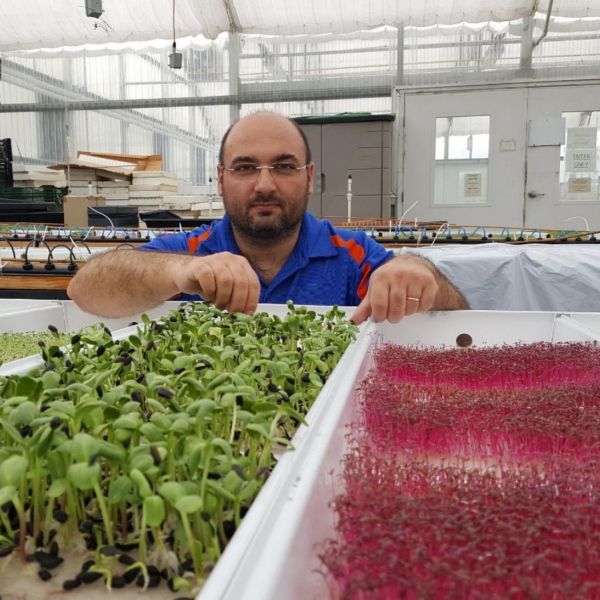
Sep 05, 2023
Select microgreens in custom diet may help deliver desired nutrients
A diet including a carefully selected assortment of microgreens may help address an individual’s nutritional deficiencies, according to a Penn State researcher who led an international team that evaluated the mineral content in young specimens of many different plant species.
Full Article

Aug 29, 2023
Penn State again named among nation's most LGBTQ-friendly universities
Penn State has once again earned a spot on Campus Pride’s “Best of the Best” LGBTQ-friendly College and Universities list, achieving an overall 5 out of 5 stars in the Campus Pride Index for 2023. Institutions are evaluated on eight LGBTQ-friendly factors, including housing, campus safety, academics, student life, and recruitment and retention efforts.
Full Article

Jul 26, 2023
HGSAC looks to raise the bar with election of new co-chairs
HGSAC students elected Avery Sicher and Jessica Walnut to serve as the graduate co-advisors to the Huck Institutes for the upcoming 2023-24 academic year.
Full Article
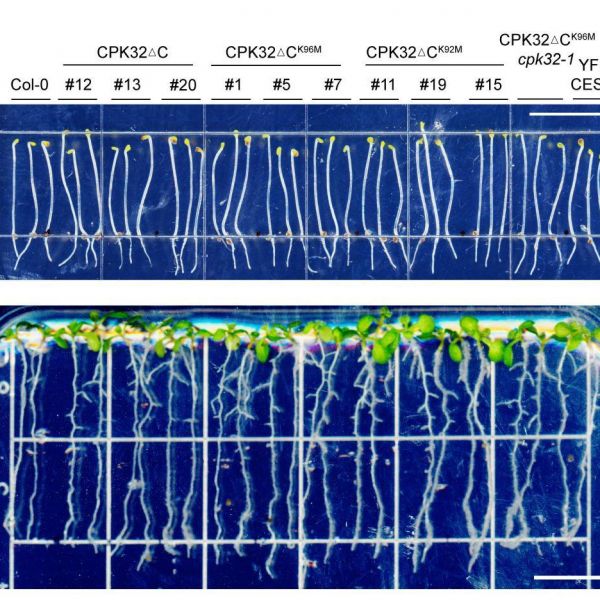
Jul 07, 2023
Newly identified protein regulates the creation of cellulose in plant cells
Cellulose — an integral component of plant cell walls — is an important source of food, paper, textiles and biofuels, but how its creation is regulated within plant cells has remained unclear.
Full Article
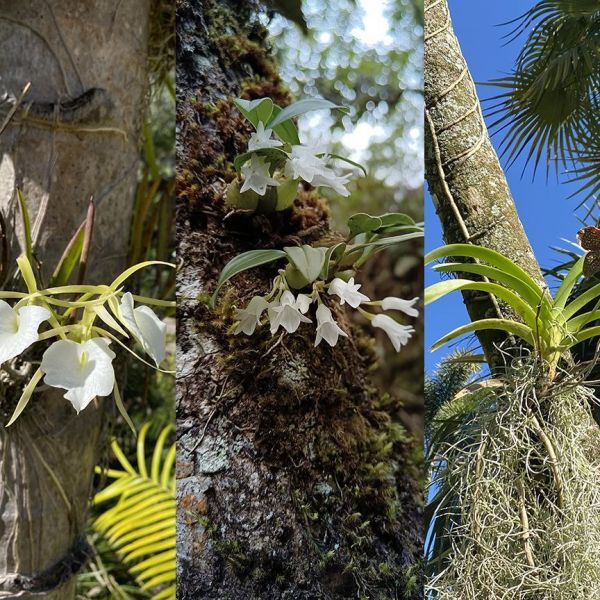
May 23, 2023
Orchids’ ability to grow on other plants independently evolved multiple times
The most extensive study of the genetic relationships among orchids to date reveals that the flower’s ability to grow on other plants evolved independently multiple times.
Full Article

Mar 22, 2023
Penn State biologist to present free public lecture on MicroRNAs in plants
Michael J. Axtell, the Louis and Hedwig Sternberg Chair in Plant Biology and distinguished professor of biology, will present the inaugural Louis and Hedwig Sternberg Chair in Plant Biology Lecture at 11:30 a.m. on Monday, March 27, at the Hintz Family Alumni Center on the Penn State University Park campus.
Full Article

Feb 02, 2023
Eissenstat retires from College of Ag Sciences after three decades at Penn State
David Eissenstat, professor of woody plant physiology, retired recently after a distinguished 28-year career on the Penn State College of Agricultural Sciences faculty, including a two-year stint as interim head of the Department of Ecosystem Science and Management.
Full Article
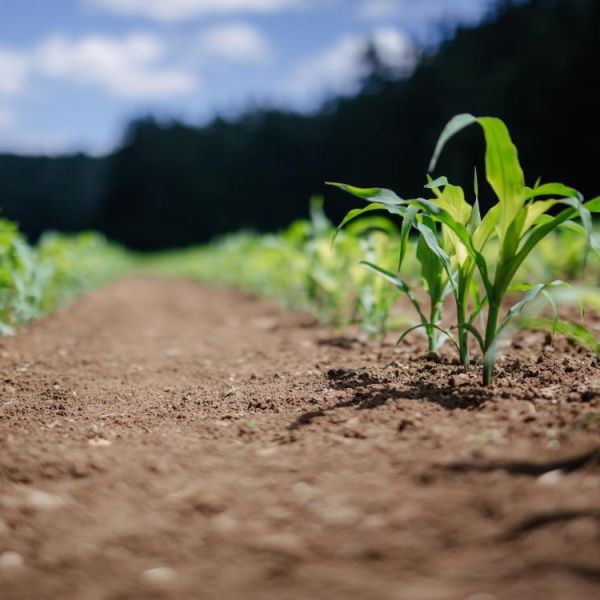
Dec 14, 2022
Corn-colonizing fungus may help the crop repel disease, grow larger
A fungus that can colonize, or grow within, corn plants doesn’t just leave the plant unharmed — it also can help the plant stave off harmful bugs and other fungi, according to a new study by Penn State researchers.
Full Article
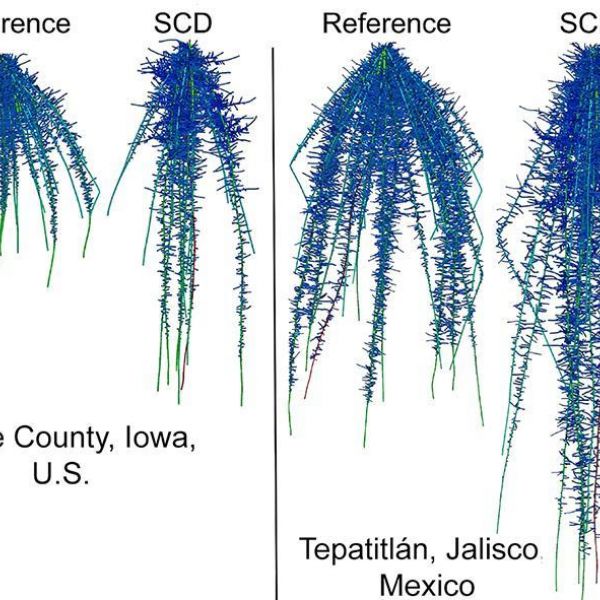
Dec 07, 2022
Study shows ‘steep, cheap and deep’ roots help corn plants deal with drought
Rarely in nature does less turn out to be more. But that’s the case when it comes to the roots of corn dealing with drought conditions, according to a Penn State-led international team of researchers who discovered evidence of the benefits of a “parsimonious” root phenotype in a new study.
Full Article

Nov 30, 2022
Huck Grad Students Work Towards Inclusion
A discussion and advocacy group started by student leadership is pushing for dialogue and solutions to make the Huck a more welcoming and empowering space for scientists from all backgrounds.
Full Article